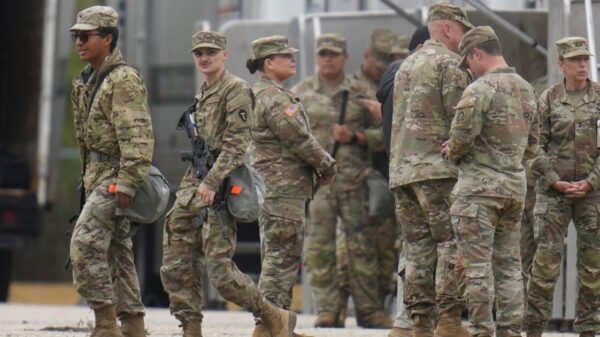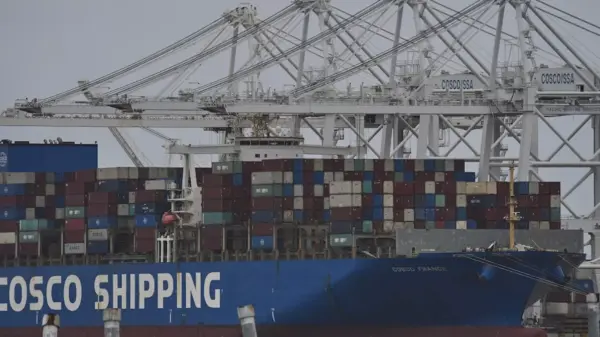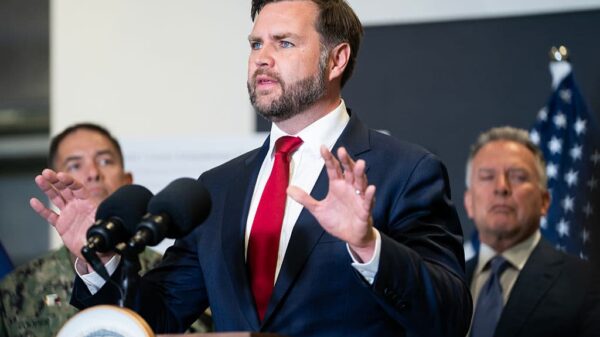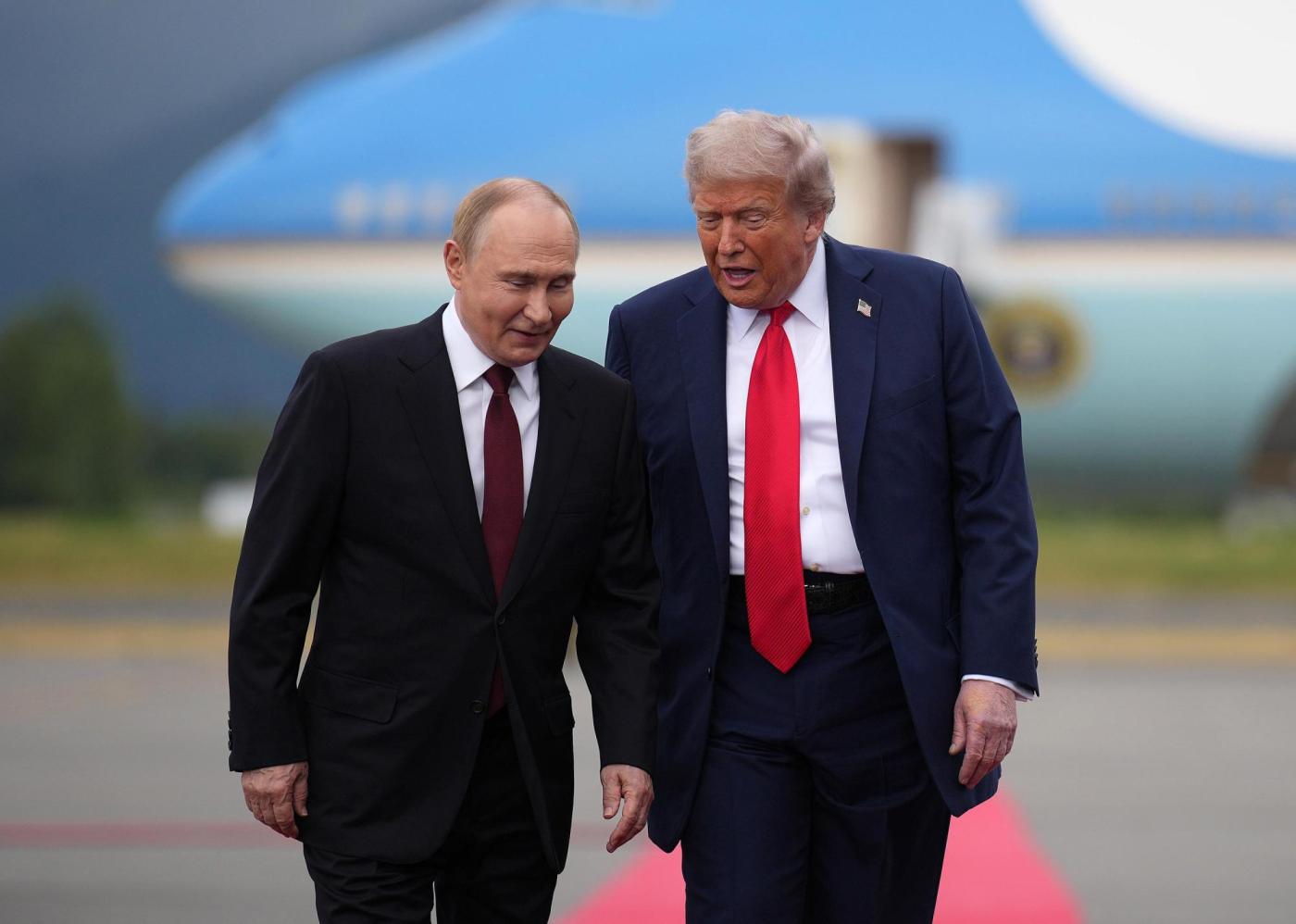UPDATE: President Donald Trump faces intense backlash following a disastrous summit with Vladimir Putin in Alaska. Just announced, Trump appears ready to pivot away from supporting Ukraine, raising alarms over potential consequences for Europe and global stability.
The Alaska summit has been labeled an “epic failure,” with critics claiming it signals Trump’s alarming abandonment of democratic allies in favor of appeasing the Russian leader. The implications of this summit are profound, as it could embolden Putin and jeopardize efforts to counter Chinese aggression towards Taiwan.
Upon landing, Trump’s deferential treatment of Putin raised eyebrows. The two leaders were greeted with a military flyover, and Trump was seen applauding as he welcomed a figure accused of war crimes. This gesture has been interpreted as a stark illustration of Trump’s submissive stance, leaving many to question the strength of U.S. leadership on the world stage.
Critics note that Trump’s shifting rhetoric throughout the Ukraine conflict has consistently leaned towards Putin. Following the Russian invasion of Ukraine in February 2022, Trump has oscillated between tough talk and conciliatory remarks. Most recently, he talked about “very significant” sanctions against Russia but retreated after the summit, aligning with Putin’s demands for territorial concessions from Ukraine.
The fallout from this meeting extends beyond Ukraine. Sources report that Trump’s actions could embolden China’s ambitions regarding Taiwan, a nation critical for its semiconductor production. Trump’s weakness is being scrutinized, as world leaders assess the U.S.’s commitment to uphold democracy and deter authoritarianism.
According to reports, if Trump’s proposed concessions to Putin go through, it could reward the Russian leader for the ongoing war that has resulted in the deaths of at least 45,000 Ukrainians and widespread destruction across Ukraine. Critics argue that this approach undermines decades of U.S. foreign policy aimed at curbing tyranny and fostering global stability.
As the world watches, the ramifications of Trump’s summit are unfolding. Former President Joe Biden and former President Barack Obama are being cited as having struggled to effectively counter Russian aggression in the past. This history raises serious concerns about the U.S.’s current trajectory under Trump’s leadership.
In the wake of this summit, Russian state media has mocked the U.S., celebrating what they view as Trump’s capitulation. As Trump’s administration prepares to respond, the stakes have never been higher. The potential for renewed conflict in Eastern Europe looms large, alongside the prospect of a more aggressive China.
Looking ahead, observers are urging immediate action from U.S. officials to clarify the nation’s stance on Ukraine and reassure allies. The international community is on edge, questioning whether Trump’s approach will lead to further instability or if a more robust response can be mobilized.
In summary, the Alaska summit not only represents a turning point in U.S.-Russia relations but also poses an urgent challenge for global security. As developments unfold, the world must remain vigilant and prepared for what comes next. The cost of appeasement could be dire, with lasting consequences for democracy and freedom worldwide.






































































